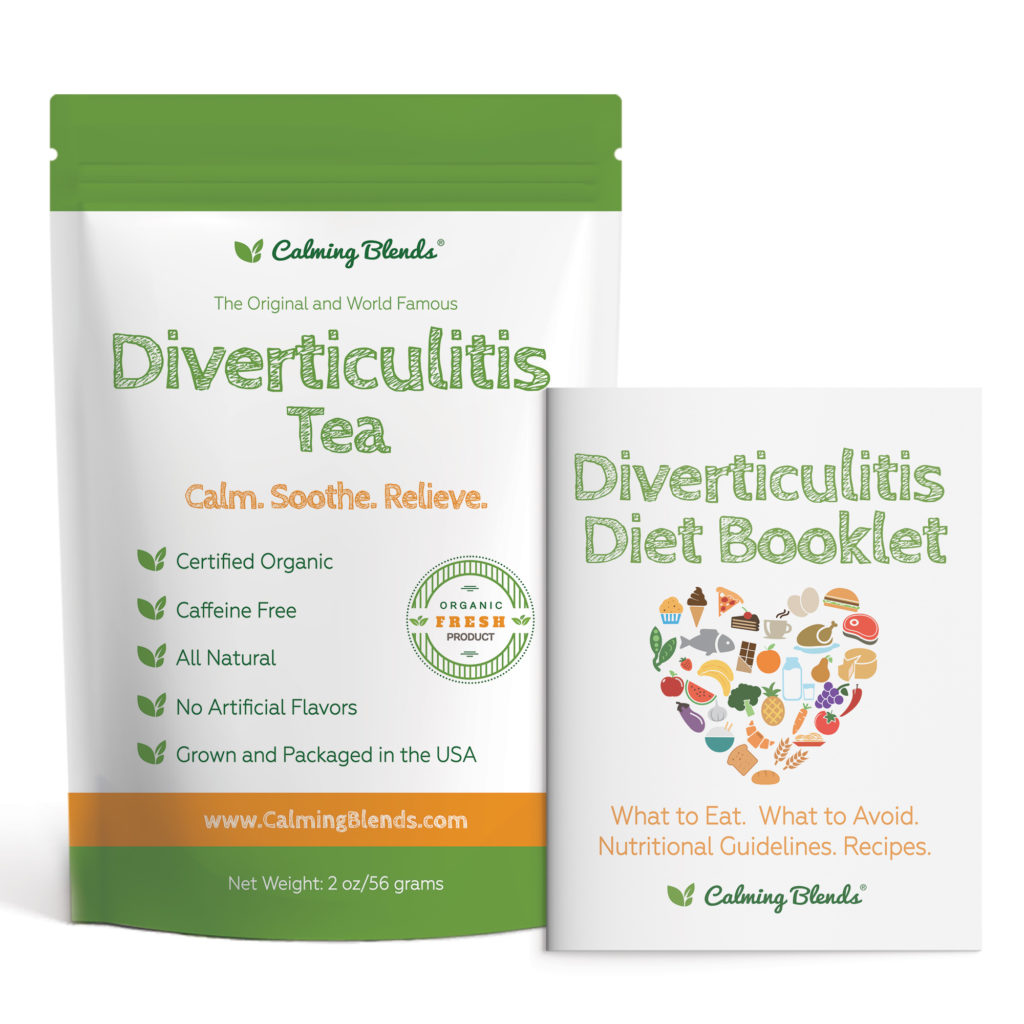Diverticulitis is a disease of the digestive tract that primarily affects individuals over 40. In individuals with diverticulitis, small pockets known as diverticula form along the lining of your digestive tract. This blog explains ways you can treat diverticulitis at home.
It’s easy for diverticula to go unnoticed for months or years because symptoms rarely display. Too much straining and constipation can lead to more diverticula forming, but you won’t know they’re there until they become inflamed or infected. When that happens, you’ve got diverticulitis.
Common symptoms of diverticulitis include:
- Intense abdominal cramps
- Abdominal pain on the lower left side
- Fevers and chills
- Nausea
Home Remedies for Diverticulitis

Treatment for diverticulitis can vary dramatically on a case-by-case basis. Some people don’t need any treatment at all before feeling better, while others may need antibiotics. A simple change in diet may be enough to relieve the inflammation or infection.
The first major dietary option is to try a clear liquid diet for diverticulitis. Specifically, you may want to try a clear liquid diet where you primary consume broth, gelatin, pulp-free juice, water, coffee/tea without milk, and even ice popsicles.
The second option is to try a low-residue diet for diverticulitis. Going on a low-residue (low fiber) diet after a clear liquid diet can build up your digestive system and treat your diverticula. On a low-fiber diet, you would mainly avoid food with skin, pulp, or seeds, as well as whole wheat products.
Over-the-Counter Medication
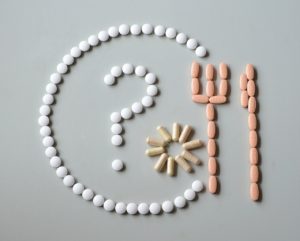
Simple acetaminophen may alleviate your pain. Nonsteroidal anti-inflammatories can be dangerous for individuals with diverticulitis because they can increase the risk of bleeding.
Fiber supplements are commonly used to deal with constipation and diarrhea. Firmer stool can pass easier and won’t agitate your diverticula as much. While taking extra fiber can give you gas and bloating, that generally passes quickly.
Probiotics
In some cases, probiotics for diverticulitis can help reduce some discomfort. There are a variety of different ways to take probiotics, including capsules, tablets, powders, and liquids. You can also take probiotics in several popular foods, including yogurts and fermented vegetables and beverages. Try to pick products that include Lactobacillus casei if you want to specifically deal with diverticulitis.
High-fiber Diet
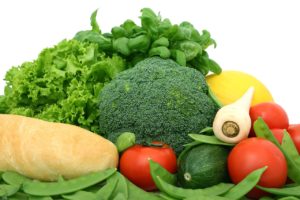
According to the American Gastroenterological Association, people with a history of acute diverticulitis should either eat a diet rich in fiber or take extra fiber supplements. An abundance of fiber may soothe or eliminate the symptoms of diverticulitis.
However, too much fiber at once can cause gas and pain. Therefore, a gradual increase in intake is generally the best option. Your goal should be around 14 grams of dietary fiber per 1000 calories consumed, a number provided by the Dietary Guidelines of Americans. For individuals that consume 2000 calories per day, this means 28 grams of fiber total.
Some of the best high-fiber foods you can pick are fruits, vegetables, cereals, and legumes. For fruits, aim for apples, pears, and raspberries. For vegetables, try broccoli, green peas, and even artichoke. When it comes to cereals, try oatmeal and barley. For legumes, eat a lot of lentils and beans.
Aloe Vera
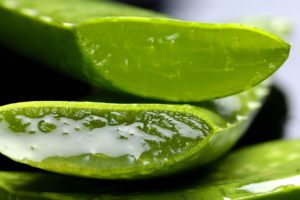
Aloe vera is commonly used to assuage a variety of symptoms and ailments, including constipation. Furthermore, aloe is also a good choice for handling pain and minor cramping, both of which can accompany diverticulitis.
One of the biggest advantages of aloe is just how easy it is to get. You can buy aloe at most grocery stores, either in concentrated or diluted liquid forms.
Digestive Enzymes
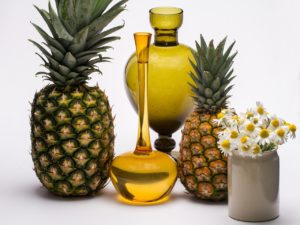
Digestive enzymes are necessary for breaking down food and killing toxins. If your body is lacking in digestive enzymes, then that can lead to intestinal inflammation. Taking extra digestive enzymes can help reduce inflammation and counteract the symptoms of diverticulitis.
You can buy them in supplement form, but you can also find digestive enzymes in common foods fruits like pears and pineapples.
Herbs and herbal teas

Another way to treat diverticulitis at home includes herbal therapy. Many herbs have health benefits, with some being ideal for treating inflammation and infections.
- The Calming Blends Tea for Diverticulitis has helped many people obtain relief from the painful symptoms of diverticulitis. The tea ingredients which consist of Peppermint, Wild Yam, Marshmallow Leaves and Chamomile can help to calm the tenderness, cramps, flare-ups or pain in the abdomen.
- Garlic is good for handling microbial and viral infections, as well as improving digestion and eliminating constipation.
- Ginger is very useful when it comes to gastrointestinal problems, so it’s a good choice if you’re worried about diarrhea, nausea, or vomiting.
- Turmeric is a less popular option, but it’s surprisingly effective at dealing with inflammation in the digestive system. Turmeric can not only protect your digestive tract and reduce pain, but it can also stimulate the secretion of certain enzymes that can improve your health even further.
Acupuncture for Diverticulitis

While acupuncture can’t treat the underlying cause of diverticulitis, it can ease several of the symptoms. Acupuncture can relieve pain, stress, and constipation.
Risks
Diverticulitis may only cause minor constipation, inflammation, and irritation, but it can also get much more severe than that. At worst, diverticulitis may result in a tear in your intestines, the formation of abscesses, fistulas, and general intestinal obstructions. Any of these can lead to serious health risks if left untreated, so simply dealing with your general discomfort will not be enough and may even lull you into a false sense of health and improvement.
How a Doctor Can Help

Seek immediate medical help if you:
- are unable to hold down food
- have extreme abdominal pain
- have blood in your stool
- have a high fever (100+) and/or chills
- are frequently vomiting
In extreme cases, such as feeling a bowel instruction, continuous rectal bleeding, or sudden and extreme pain in your abdomen, go to the ER immediately. If you wait until you can see a doctor, it may be too late.
The Bottom Line
Diverticulitis can range from relatively minor discomfort to serious and life-threatening. If you only have a mild case, then there are a wide variety of remedies out there that can help you deal with the symptoms while you wait for the underlying cause to go away on its own. However, if things take a turn for the worse, consult a medical professional immediately.


